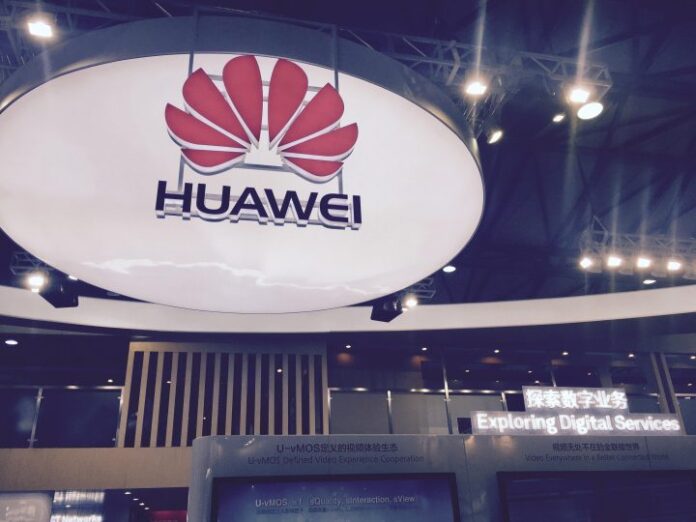The vendor said government agencies, regulators and customers will have access to Huawei’s cybersecurity practices
Chinese vendor Huawei has opened a cybersecurity transparency centre in Brussels, Belgium, with the aim of showing concrete measures to guarantee the security of its 5G solutions
Huawei said more than 200 representatives from regulators, telecom carriers and enterprises attended the opening ceremony.
“Trust needs to be based on facts, facts must be verifiable, and verification must be based on common standards. We believe that this is an effective model to build trust for the digital era,” Huawei’s deputy chairman Ken Hu said.
Huawei said new developments in cloud, intelligence, and software-defined solutions are posing unprecedented challenges to the cyber security of ICT infrastructure. The lack of consensus on cyber security, technical standards, verification systems, and legislative support further exacerbates these challenges.
To address these challenges, Huawei has opened this new security facility in Brussels with the aim of offering government agencies, technical experts, industry associations, and standards organizations a platform, where they can collaborate in security issues.
Huawei said that the new center will showcase Huawei’s end-to-end cyber security practices, from strategies and supply chain to R&D and products and solutions. This will allow visitors to experience cyber security with Huawei’s products and solutions, in areas including 5G, IoT, and cloud.
Also, the facility will facilitate communication between Huawei and key stakeholders on cyber security strategies and end-to-end cyber security and privacy protection practices. Huawei said it will work with industry partners to explore and promote the development of security standards and verification mechanisms, to facilitate technological innovation in cyber security across the industry.
Additionally, the center will provide a product security testing and verification platform and related services to Huawei customers.
“The industry lacks a unified set of technical standards for security, as well as systems for verification. This is complicated by the globalization of the value chain. Digital products include components from many different countries, with many different standards, or no standards at all. There is an urgent need to invest in security standards and verification systems at the national level, as well as professional resources and skills,” Hu said.
Cyber-security is our top priority across product design, development, and lifecycle management, and it is embedded in all business processes,” the executive added.
The administration of U.S. President, Donald Trump has been attempting to persuade U.S. allies not to implement Huawei equipment in the deployment of 5G network due to security concerns. The U.S government is allegedly working to issue an executive order to ban the use of Chinese gear in 5G networks in the U.S. market.
Chinese vendor ZTE announced plans to open security labs this year with the aim of allowing customers to have access to the source code of the vendor’s products, ZTE’s Chief Scientist Xiang Jiying recently told reporters during the Mobile World 2019, which took place in Barcelona, Spain, last week.
The first security lab will be opened in the city of Nanjing, China in approximately two months.
The vendor also expects to open two additional labs in Italy and Belgium during 2019. Moving forward, ZTE said it will be considering the establishment of new labs in accordance with its customers’ needs and business development.
In these facilities, customers will be able to view and evaluate the source code of ZTE products in a secure environment.

